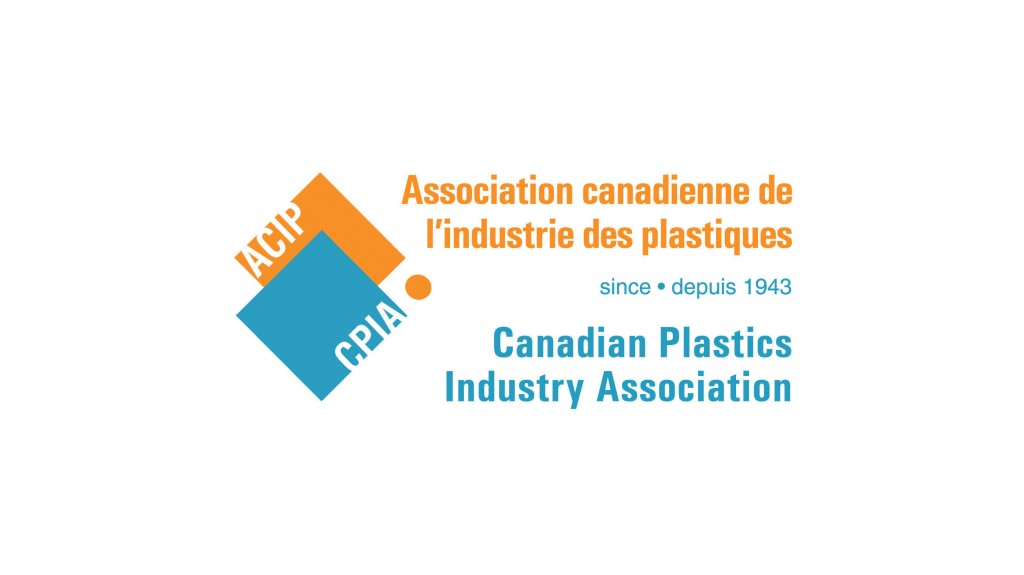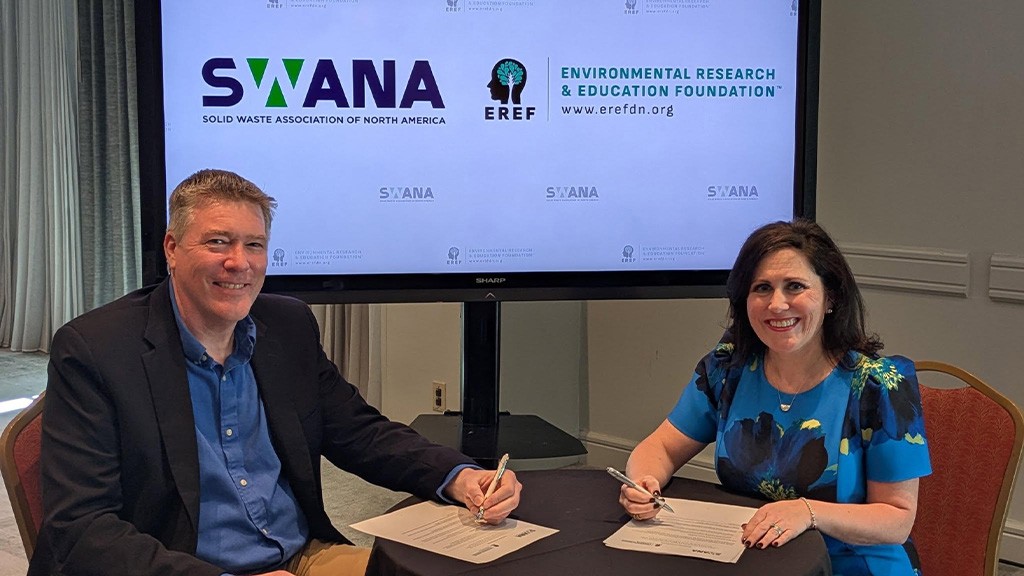Two Ontario municipalities launch residential polystyrene recycling thanks to municipal/industry partnership

Polystyrene foam recycling has returned to the Towns of Brockton and Hanover, as of the end of May 2019. The Chair of Brockton's Environmental Advisory Committee, Bruce Davidson, anticipates that residents have been saving foam packaging for a while in the hopes that recycling opportunities would resume.
Up until two years ago, polystyrene foam was accepted for recycling at the local Walkerton Recycling Centre depot; however, that ended when their end-market cancelled their foam recycling program. But Davidson wasn't going to take no for an answer as he watched foam packaging from households and local businesses and industries go to landfill.
Davidson brought together key players who could make a difference in how foam packaging could be managed in a recycling system starting with the Canadian Plastics Industry Association (CPIA) and Bruce Power, a local electricity generation company that handles a large amount of polystyrene packaging in its waste stream. With the local support of the two host municipalities, CPIA asked Washington-based Foodservice Packaging Institute (FPI) to help. FPI represents industries in foodservice that use foam products to deliver prepared food safely to customers. Together, the players developed a plan and funded a solution.
The solution was to install a polystyrene recycling machine called a Runi SK 120 Densifier at the Brockton Recycling Centre on Kincardine Highway in Walkerton.
Brockton's Mayor Chris Peabody called the machine "a game changer" for the local recycling programs because it can compress bulky polystyrene foam used to protect appliances and electronics during shipping, into compact bricks ready for shipment to recycling end markets.
The compressed bricks mean fewer trucks are needed to transport materials thereby saving fuel and reducing green house gas emissions.
At a launch event on May 30 to mark the return of polystyrene foam recycling to Brockton and Hanover, Mayor Peabody noted that their unique mix of urban and rural communities is a place "where municipalities, local businesses and industry can work toward a common goal of identifying and supporting solutions that protect the environment and bolster the local and domestic circular economy."
Hanover Mayor Sue Paterson said adding polystyrene to the recycling program again means the material will no longer be sent to landfill for disposal.
"Foam plastic doesn't compress very well when it is relegated to landfill. In fact, it takes up a lot of space...and landfill space is precious. We want to conserve it," she said, adding "our estimate is that with this new technology, we will be able to conserve the equivalent of twenty 53-foot-van-trailers of landfill space per year. That's a lot of saved space."
CPIA President and CEO Carol Hochu credited the municipalities as being "role models showing that rural/urban communities can join forces to move beyond the ordinary to achieve the extraordinary".
She said the polystyrene foam that will be densified at the Brockton Recycling Centre will be shipped to end markets in Canada and the U.S. and could end up in cement and cement furniture products to lighten them and provide lightweight filler; in forms for foundation; in insulation boards and injected into walls for insulation; and to make products such as crown moulding and picture frames.
"With public and private sector partnerships like this, we are starting on a journey to 100% plastic recovery where the benefits of plastic are fully realized," she said, adding "the journey starts with innovation, creativity, commitment and responsibility. We applaud our partners, Brockton, Hanover, FPI and Bruce Power, for embracing them all. And we applaud the residents of Brockton and Hanover who will recycle their foam packaging for their continued commitment to a better environment and economy."
Company info
5955 Airport Road, Suite 125
Mississauga, ON
CA, L4V 1R9
Website:
plastics.ca/home/index.php



